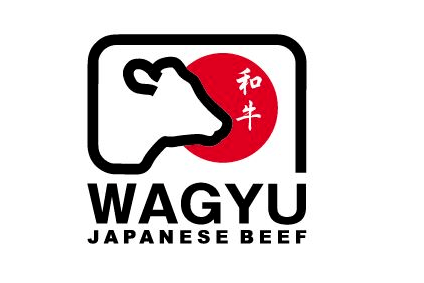
“Authentic” Wagyu – or Japanese beef – is set to be available to EU consumers for the first time, officials from the country revealed this week in London.
Japan has not previously exported Wagyu to the EU. Attempts to establish a trading relationship over the last decade have been blocked by an EU import ban introduced in 2001 following an outbreak of BSE in the Asian country.

Discover B2B Marketing That Performs
Combine business intelligence and editorial excellence to reach engaged professionals across 36 leading media platforms.
However, the ban was lifted in 2013 and the first processing facilities have been approved for export, Japanese officials revealed on Monday (30 June) at a reception held at the Japanese ambassador’s residence in London.
Speaking to journalists at the event, Japan’s Parliamentary Vice-Minister Yasuhiro Ozat, stressed the unique characteristics of Wagyu beef from Japan.
“I would like the British people to know the differences between the authentic Wagyu and Australian Wagyu. I would like the British people to know the authentic Wagyu taste and understand the excellence of authentic Wagyu,” he said.
The farm-to-fork production process for Japanese Wagyu is distinct, industry representatives insisted.

US Tariffs are shifting - will you react or anticipate?
Don’t let policy changes catch you off guard. Stay proactive with real-time data and expert analysis.
By GlobalDataUnder Japan’s registration system, which dates back to 1920, each cow for slaughter is given a ten-digit identification number that enables meat to be traced back to the farm from which it originated.
The lineage of cattle can be tracked to ensure purity of breed. Waguy beef can only come from one of four breeds: Japanese black, Japanese brown, Japanese polled and Japanese shorthorn.
Japanese Wagyu is also subject to a grading system that rates things like fat content and marbelling to ensure consistent quality for this premium product. “According to the grading system… Australian Wagyu would not even be considered middle class,” Ozat noted.
In order to allow consumers to identify “authentic” Japanese Wagyu a unified label has been developed for use in global markets.
Masahiko Suneya, chief executive director of Japan’s Agriculture and Livestock Industries Corporation, said: “In overseas markets, Wagyu beef produced in foreign countries and unqualified beef for Japanese pedigree registration, or even foreign breeds including cross breeds, are often seen with ‘Wagyu beef’ labels. In order to promote Wagyu beef raised and fattened in Japan a unified Wagyu logo was designed and patented.”
Awareness of Wagyu beef has increased in European countries such as the UK, where it is primarily available in high-end department stores. As the product has gained mainstream awareness other retailers have also looked to capitalise. Discount retailer Aldi even launched its own line of Wagyu beef in the UK this month.
However, Wagyu beef available in the EU will have been reared and slaughtered outside Japan. Australia and New Zealand are among the largest non-Japanese producers of Wagyu beef.
Japanese Wagyu beef commands a considerable price premium both domestically and internationally. In the UK, the price will sit in the range of GBP200 (US$343) per kilo, industry representatives told just-food. Japanese officials met with a range of buyers at the event; distributors to the UK and continent have already been secured.





